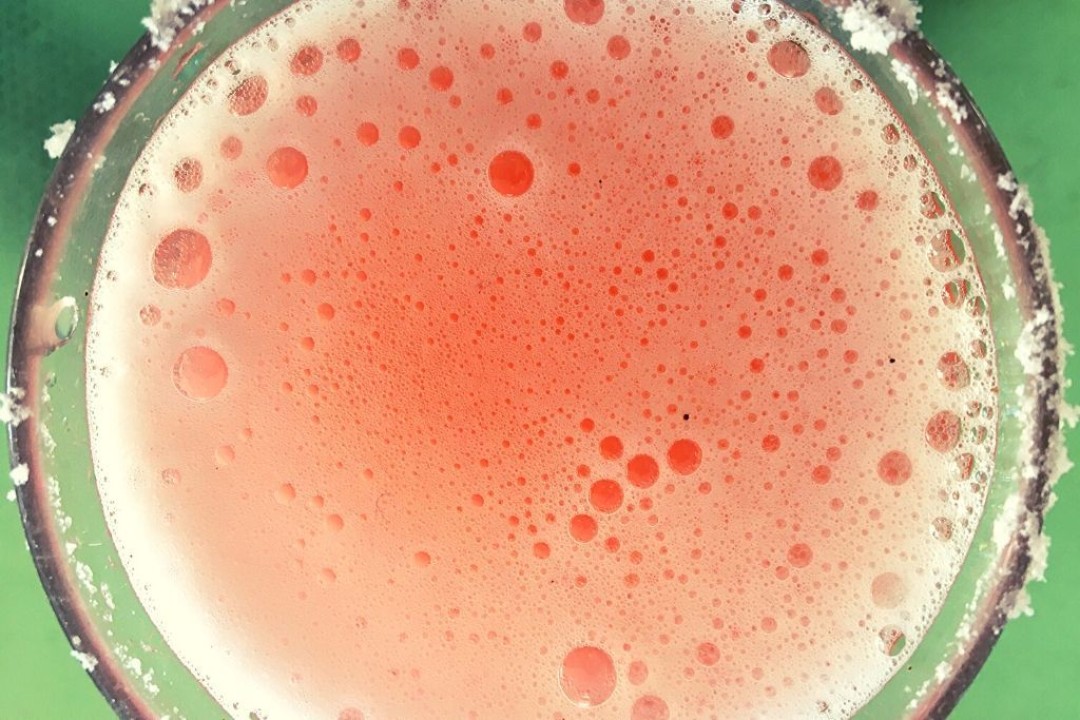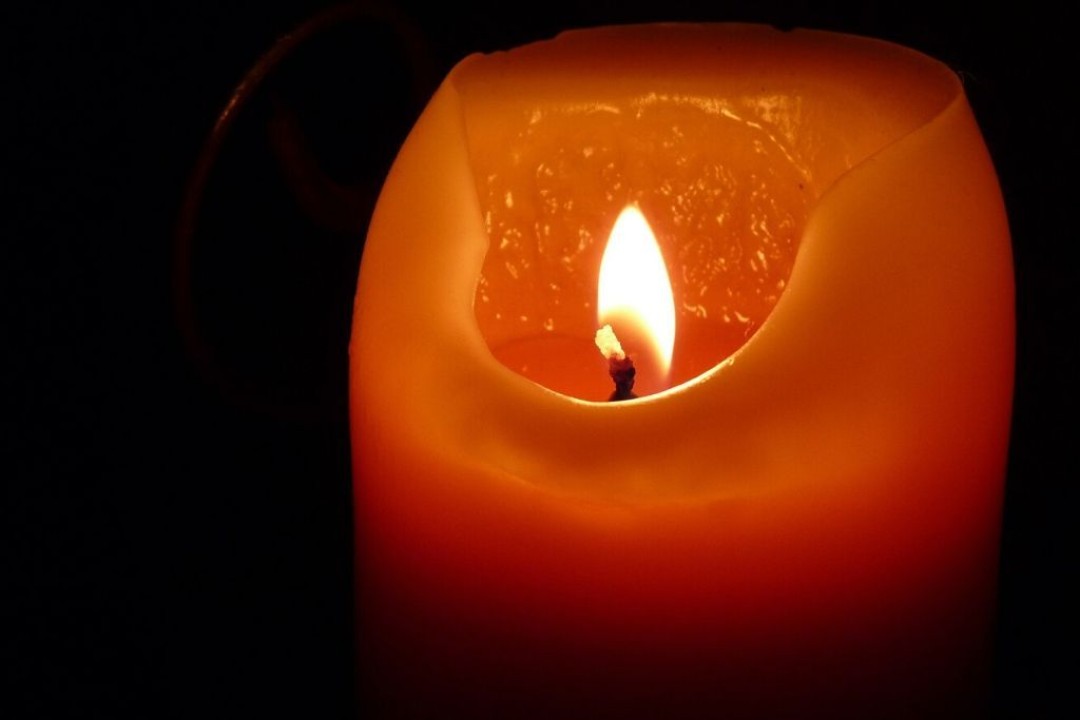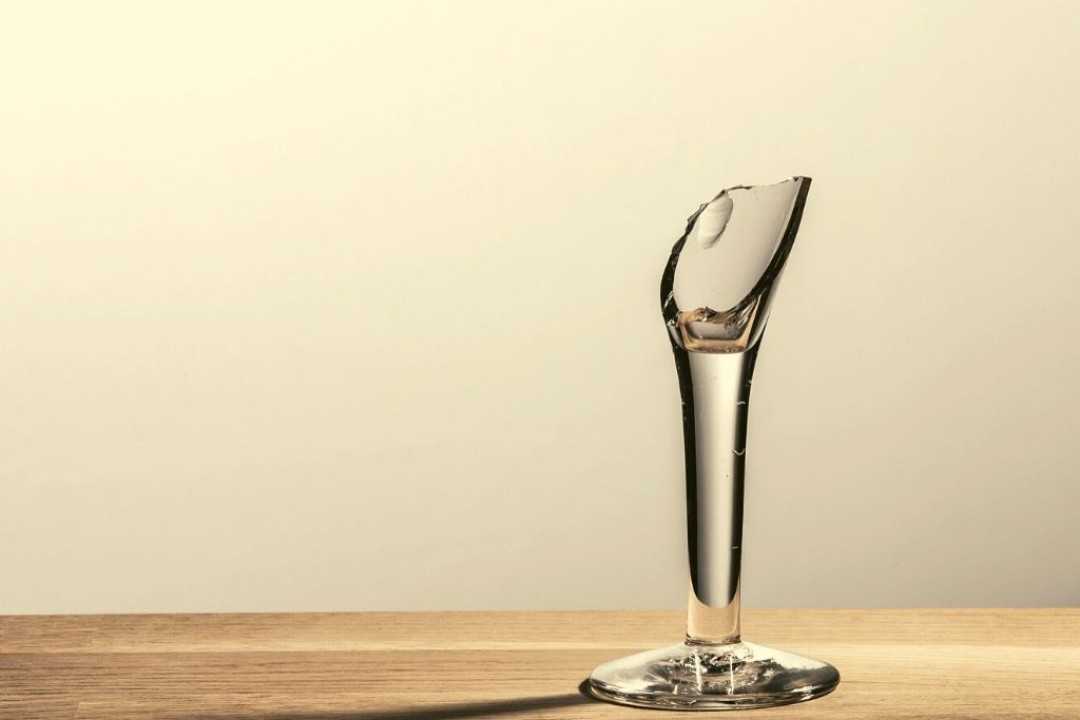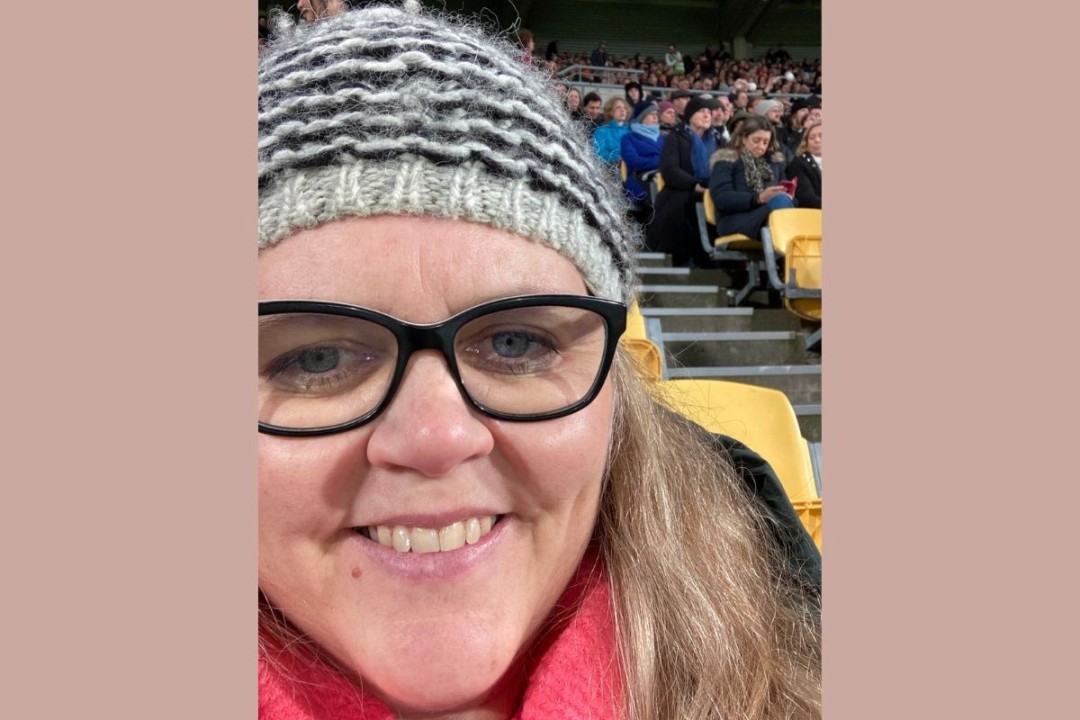Sober Story: Mark
December 10th, 2019 Interviews 7 comments
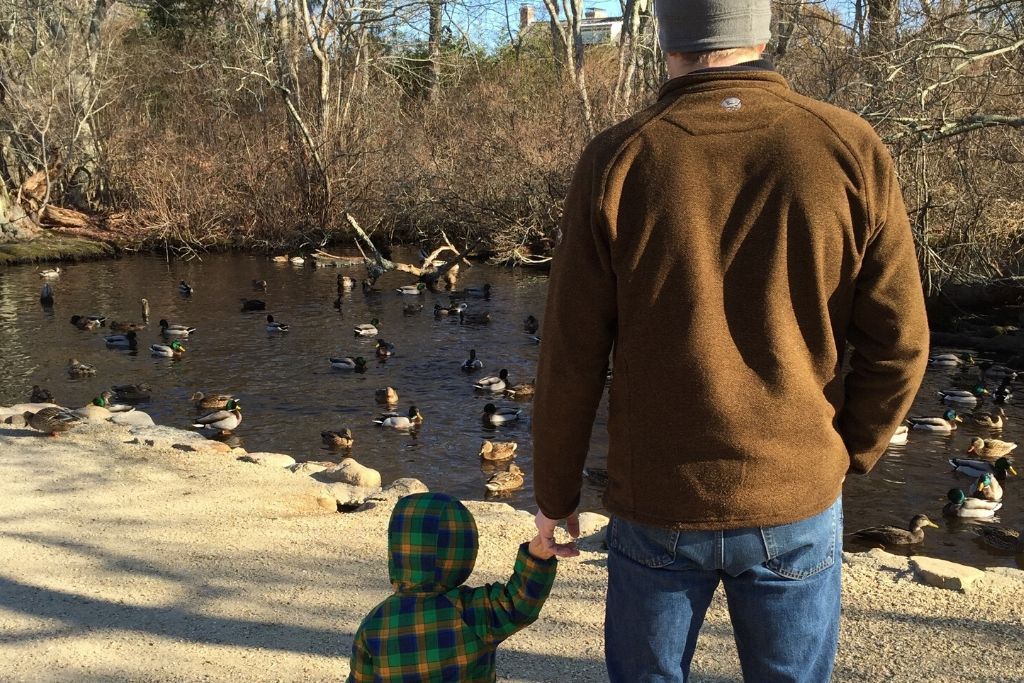
This week’s Sober Story comes from Mark, a 36-year-old who lives in the United States. Mark write the blog ‘The Miracle of the Mundane‘ and wrote a wonderful guest post for us here.
=======
Mrs D: How long have you been in recovery?
Mark: This past October, I celebrated 12 years of continuous sobriety. For me, that includes all mood-altering substances: liquids, pills, powders, you name it.
Mrs D: What can you tell us about the last months/years of your drinking before you gave up?
Mark: I was in living in Los Angeles, CA and writing a screenplay. I worked at a talent agency. It was a work-hard-play-hard environment which I was used to. I was of the work-hard-play-hard mentality for as long as I can remember. Specifically, if I work hard, I get to play hard. My addiction was a balancing act. I masked it all under the guise of my ‘creative process.’ I believed there was a state of mind I could achieve through substances that left me perfectly able to write. But that ‘right spot’ was always moving. More weed to calm me down, or coke to wake me up, or a glass of whiskey to keep the inner-critic at bay. The more I tried to balance out and find that perfect balance, the less creative I was becoming. My life gradually become less and less about writing, and more and more about drugs and alcohol. The more substances I used, the less substantive my life became.
Mrs D: What was the final straw that led you to get sober?
Mark: My friend brought me to his parent’s hunting cabin in Mexico to detox me. What a good friend. I complied. I was sober that weekend, only I was still bat-shit crazy. I hadn’t slept for 5 nights and experienced hallucinations and tremens. I would up running around this dusty Mexican town naked, wailing about the Apocalypse. There’s an awful lot more to this story. And it is one I hope to write soon on the ol’ blog. My friend drove me to San Diego and committed me to the psychiatric wing of a hospital. The final straw was when they took away my shoelaces so I couldn’t harm myself. The final straw was when my roommate stood over me all night and watched me sleep. The final straw was blue felt slippers and a hospital gown. I was 24, and I was institutionalized.
Mrs D: How was it for you in the early days? What was most difficult?
Mark: The hardest part for me was admitting that I was an alcoholic and addict. Perhaps you can relate to this kind of thinking: “Oh sure liquor is a problem. I never drank jagermeister without getting in a fight. But the occasional draft beer? How could that be my problem.” Or, “Obviously I need to stop using cocaine altogether. But smoking weed? That’s where I go to for my spiritual answers!” Reality crashed on me like meteor. It rocked my world, or flipped it on its head. All of a sudden, what used to be true was false. What used to be right was wrong. I was utterly confused. I wrote about the curious case of perception here.
Mrs D: What reaction did you get from family & friends when you started getting sober?
Mark: They were very supportive. I laugh when I remember some early phone calls I had with my friends. I called my roommates in Los Angeles and told them about how I wanted to come back to Los Angeles but my counsellors wanted me to go to Gray Wolf Ranch, this extended care facility. My friends, my roommates were the ones saying, “Listen to what the counsellors have to say. Do whatever they tell you to do.” They knew I needed more help.
Mrs D: Have you ever experienced a relapse?
Mark: No, I have not. I have not found it necessary to take a drink or drug since that day in the sleepy Mexican town when I wished for death.
Mrs D: How long did it take for things to start to calm down for you emotionally & physically?
Mark: At least a year. The first 2 months I was in acute distress. I was returning to reality from a psychotic state. As I gradually realized that I was just a man with a drug and alcohol problem, everything in my mind and body resisted. It took me 3 days in a rehab before I could even utter the words “My name is Mark and I’m an alcoholic.” I recounted that story here. I find it helpful to separate the physical and the emotional (or mental) in addiction. My physical craving left me long before my mental obsession over drugs and alcohol left me. That’s why I believe it’s really important what you do with yourself a week, a month, a year, a decade after you’re in your bottom. In your bottom you know what the problem is. But the long-term problem is your mind, your mental health. You must treat your thinking always. Untreated thinking will lead you back to the bottle.
Mrs D: How hard was it getting used to socialising sober?
Mark: I didn’t care much for socializing early on honestly. I sort of became a hermit for a couple years because solitude made me happy. I say solitude not isolation. I wasn’t isolated. I was going to meetings, and working with a sponsor and hanging out with other sober people. But in my free time, I would read. I read book after book. I read every word that Hermann Hesse wrote. I read the Bible cover to cover. I especially enjoyed poetry. I devoured whole collections of my favorite poets: Frost, Rilke, Keats, Dickinson. I’ve become much more social since then. Working a program of recovery has freed me from the role alcohol played in my life. I could go to a bar and enjoy myself if I wanted. Although I find those scenes don’t have much for me, at least not later at night when things get sloppy.
Mrs D: Was there anything surprising that you learned about yourself when you stopped drinking?
Mark: That’s a great question. What surprised me the most was what brought me happiness. I never imagined that I could find joy in the family life. My wife and 30-year mortgage (a home) and my children bring me the most pleasure in life. I love what I do. I teach literature to high schoolers. Never in my wildest dreams would I have guessed that I’d teach for a living. These are the ingredients of the Miracle of the Mundane that I’m always writing about. It’s the everyday stuff that I find incredible today. It is showing up and being there for people. It is a deep-rooted contentment. I’m hooked on it. I love it.
Mrs D: How did your life change?
Mark: Wow. How didn’t my life change? It feels like I traded in my old skin for a new one. I am a completely different man today. I can try to explain how it feels. Life used to feel like a movie, or a play. I was in the audience, watching it all happen. I watched myself move around on the stage and I threw rotten tomatoes at myself, at times, I even cheered. But I was always in the audience. I was always on the outside of my life, looking in. Today, I am the key player in my life. I’m not the stage. I feel like, as Theodore Roosevelt put it: “the man in the arena.”
Mrs D: What are the main benefits that emerged for you from getting sober?
Mark: The number one benefit of sobriety is freedom in all things. I am free from the bondage of self. I am no longer paralyzed by guilt and fear. I no longer worry about what I will do or say next. I don’t obsess over drinking and drugging any more. I don’t have to make alibis to cover black-outs. This freedom has allowed me to be incredibly productive, in both my personal and professional lives. I have this theory going that I was made with a mind that never stops. It is in perpetual motion. When drinking, it centered around me and spiralled out of control. When sober, I can project it outward. And the universe is infinite.
Mrs D: Would you do anything differently given the chance to go through the process again?
Mark: No. Freedom from self comes with not regretting the past, or wishing to shut the door on it.
Mrs D: What advice or tips would you have for those who are just starting on this journey?
Mark: We all have these crazy and horrific stories. It may not be Mexico for you. It may just be a bottle of wine in your system by noon. Whatever it is, if alcohol has it’s grips on you then you need help. It’s not something that can be helped by self-will or determination, or even self-knowledge. You need the help of others. 8 years sober and I still seek the help of others because I know it will keep me from a drink. I guess I can summarize it this way. Make sobriety the number one priority in your life. My sobriety comes in front of my wife and 2 children, because only being sober allows me to be a father to my children and a husband to my wife. You control the people you interact with, the places you go, and the things you do—people, places, things. Hang around the people that either don’t drink or know that you don’t drink. Don’t go to places that serve alcohol if you’re not ready for it. Do the things that make you happy, in sobriety! Connect with the community here at Living Sober and make friends. Follow blogs. Find me on Twitter or Facebook and let’s stay in touch!
Mrs D: Anything else you’d like to share?
Mark: Just thank you Mrs. D. I didn’t make the Internet a part of my recovery until this January. When I did, Living Sober was one of the first resources I found. And I’m so glad I did. I’m a proud member and grateful to have a place in the wonderful community.
Continue reading
Drink of the Week: Salty Puppy
You’ve got to salt the rim of your glass for this drink to really sing!
December 20, 2019 – 4 comments
Sober Story: Virginia
This week’s Sober Story comes from Virginia, a 59-year-old living in Northland.
March 23, 2020 – 5 comments
Putting down the drink is just the beginning..
I’m not sure that you can just stop drinking alcohol and make no other changes or do no other ‘work’ on yourself and expect to become happily sober.
January 23, 2024 – 18 comments
A Big Event
"Wondering why I had to drink so much at the Big Event and is my drinking is really serving me at all?"
July 7, 2025 – 3 comments
